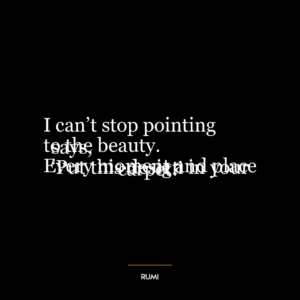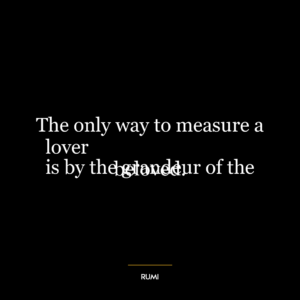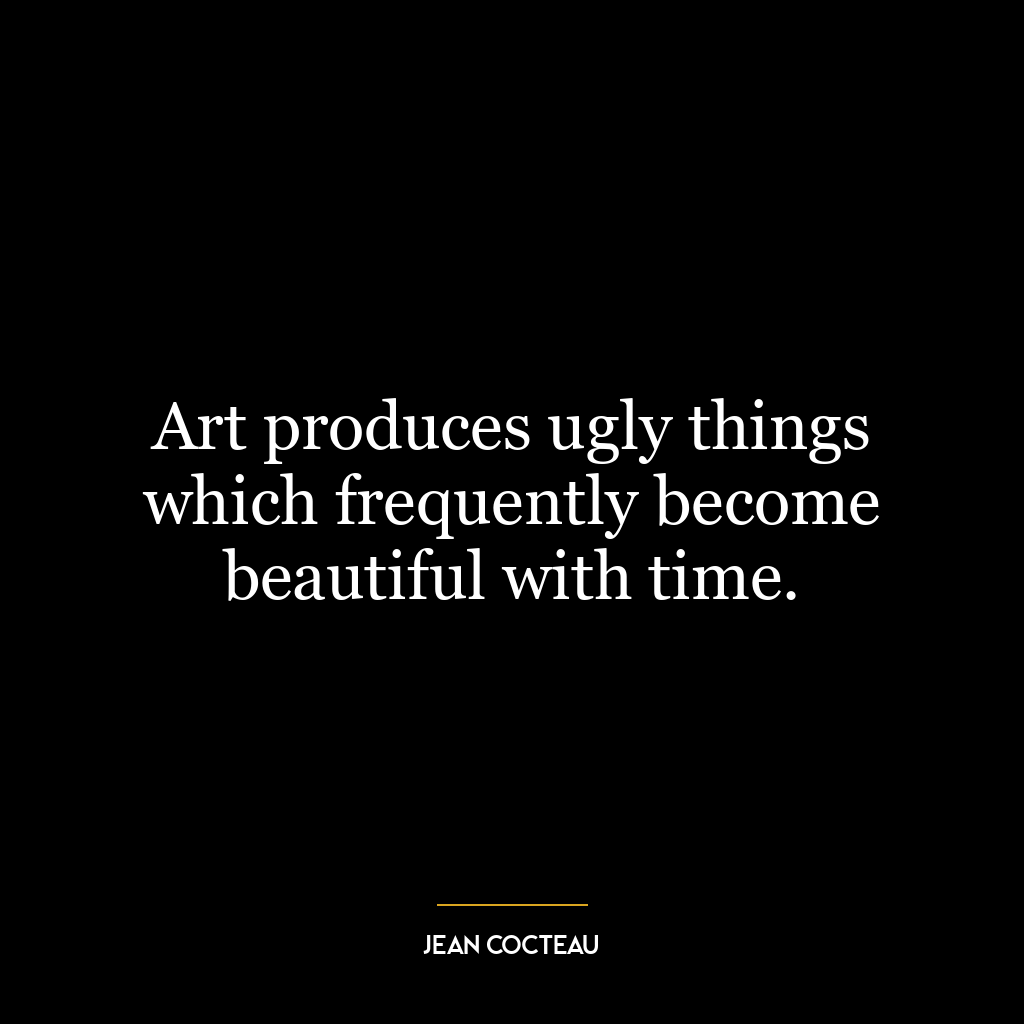This quote suggests that love is not merely a response to physical attractiveness. Instead, it argues that love has the power to transform and beautify its object. When we love someone, we see them through a lens of affection and admiration that makes them beautiful to us, regardless of their physical appearance. It’s an internal beauty, born out of the emotional and spiritual connection we have with that person.
However, the inverse, according to this quote, is not true. Just because someone is physically beautiful doesn’t mean they will be loved. Beauty in itself is not a guarantee of love. This could be because love is a complex emotion that requires more than just physical attraction. It needs compatibility, shared interests, emotional connection, and many other factors that go beyond the superficial.
Applying this idea to today’s world, we can see how society often places a high value on physical beauty, particularly with the influence of social media and the constant bombardment of ‘perfect’ images. However, this quote reminds us that beauty is not the key to love. It encourages us to look beyond the surface and value emotional and spiritual connections more.
In terms of personal development, this quote could be a reminder to focus on cultivating inner beauty – qualities like kindness, empathy, and integrity – rather than obsessing over physical appearance. It also encourages us to appreciate and love others for who they are on the inside, rather than what they look like on the outside.















